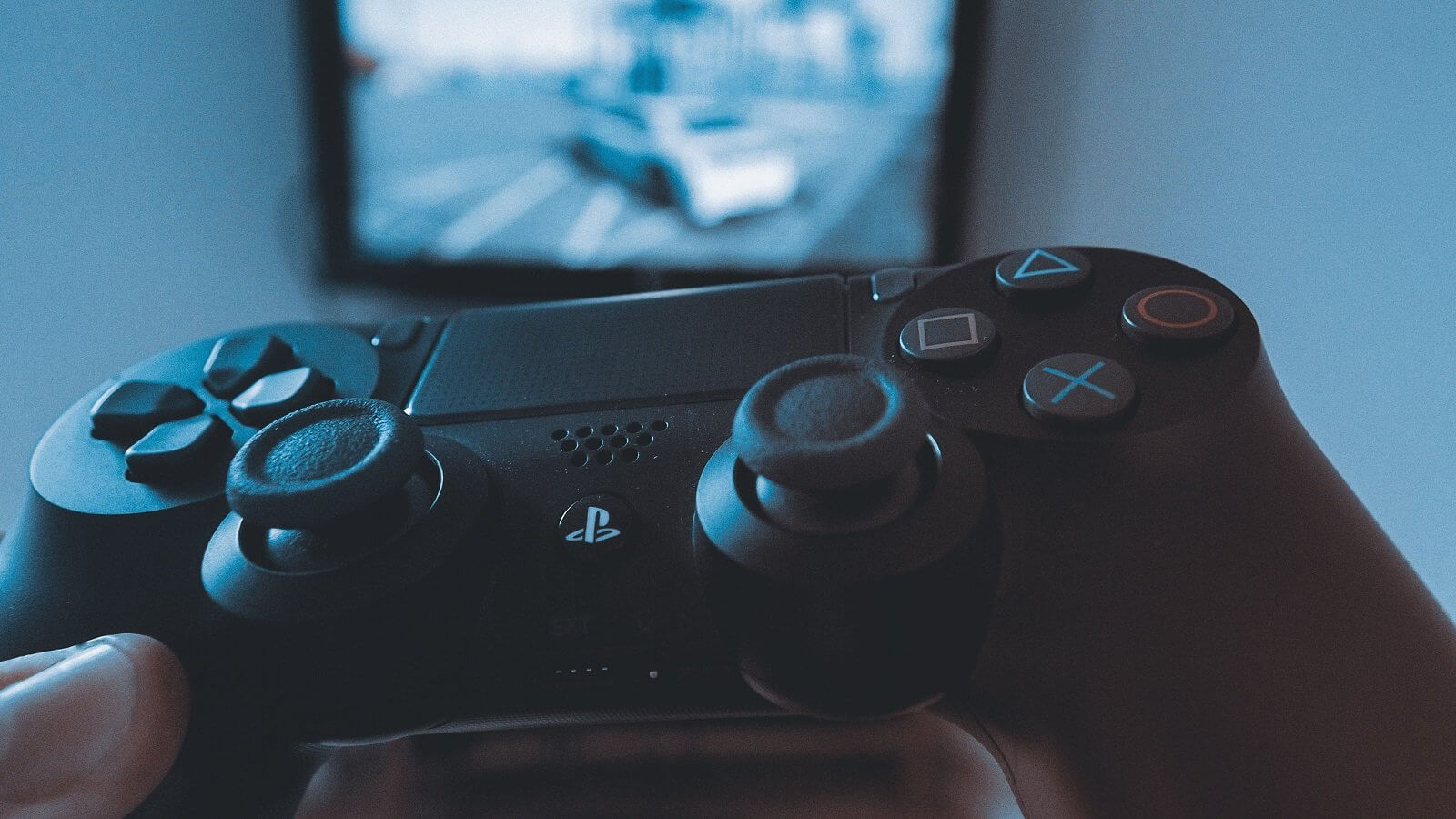We have helped many individuals overcome their media and gambling addictions.
Media and Gambling Addiction Education & Prevention
Weekly group sessions are provided for youth and adult clients. The Media and Gambling Addiction Group is a focused therapy design to educate clients on the aspects of problem gambling and media addictions, explore day to day challenges and learning skills to be free of self–defeating process–related behaviors. The group setting offers a safe, non–judgmental, and supportive atmosphere. Clients are encouraged to work together to discover how media and gambling can affect their life and to develop positive strategies to improve their overall wellbeing.
The group also focuses on developing healthy coping skills and working together to create a healthier lifestyle. The goal of the group is to help clients become more aware of the dangers of media and gambling and to develop self–empowerment strategies to break free from these addictions.
Individuals who have completed this group return to provide messages of success and change in all areas of their lives and seek support for challenges. Understanding that technology and social media use is part of our generational culture, the group facilitators promote self-awareness as a method for change and boundary settings. Through self–awareness, people can create healthier boundaries and become more conscious of their choices and decisions.
The group facilitators use various techniques and activities to help individuals become more self–aware. Examples of activities could include a
- Self–reflection journal
- Guided meditations
- Quizzes
- Group Discussions
- Documentaries and Films
- Articles and Readings
Through these activities, participants are encouraged to think more deeply about their relationship with technology and social media and to identify areas of struggle. By cultivating self–awareness, individuals can develop healthier relationships to technology and social media and create meaningful boundaries.
Social Media Addiction
Social Media addictions are becoming more and more common. People can become addicted to the constant interaction and affirmation they get from social media. This addiction can lead to problems in relationships as well as difficulty staying focused on tasks that require a longer attention span. It can also lead to a lack of self–confidence and low self–esteem, as well as a feeling of always needing to be connected. To help break the addiction, we guide our clients set limits on the amount of time spent on social media and to be mindful of how much time is being used. Additionally, it is important to take breaks from social media, to find other activities that can bring joy, and to be mindful of the feelings associated with scrolling through social media.
Gambling Addiction
Gambling addiction is a serious disorder that can destroy lives. It can lead to financial ruin, broken relationships, and even suicide. People who are addicted to gambling often chase losses, hide their behavior, and lie to family and friends. If you suspect someone you know is struggling with a gambling addiction, the best thing you can do is encourage them to seek help from a mental health professional. There are also a variety of support groups and resources available to those suffering from gambling addiction.
Not sure if you need treatment for Gambling Addiction? Please take our Self Test
Video Game Addiction
Video game addiction is a behavioral disorder that is characterized by excessive and compulsive engagement in gaming activities. It is similar to other addictions, such as drug and alcohol addiction, in that it involves impaired control over gaming and an increasing need for gaming despite negative consequences. Signs and symptoms of video game addiction may include preoccupation with gaming, neglect of other activities and interests, and continued gaming despite negative consequences. Other symptoms may include irritability, anxiety, and depression when not gaming, lying about gaming activities, and an inability to stop playing.
3 Steps to Start Dealing with Video Game Addictions
If you or someone you know has a problem with video game addiction, there are several steps you can take to help.
- The first step is to recognize the problem. Being aware of the signs and symptoms is the first step in addressing the problem.
- The next step is to talk to someone who can help. This could be a friend, family member, health care professional, or mental health professional. Talking to someone about the problem can help to put things in perspective and provide support.
- Finally, it is important to take action and create a plan to reduce or eliminate gaming. This could include setting limits on gaming time, removing gaming consoles from the home, and seeking out professional help. Finding alternative activities and hobbies to replace gaming can also help to reduce gaming.
Please watch the following testimonial video of Last Door Video Game Addiction Treatment Program and Gambling Addiction Treatment Program.
Keep Reading
A loved one needs help
Addiction harms the entire family, and recovery can heal the damage. Our free…
Alumni Group – Adults 30 and over
How you finish treatment is important, being part of a support group will…
Youth Addiction Recovery Support Group – Ages 13 – 25
Weekly Youth Alumni Group allows clients to support each other long term. Access…
Testimonials
"New Westminster is probably the most important thing in my life right now, it’s the best recovery community, in my opinion for me, it’s a perfect fit to go to a meeting and see hundreds of familiar faces and a buinch of people greet me and hug me, it gives me purpose in my life


